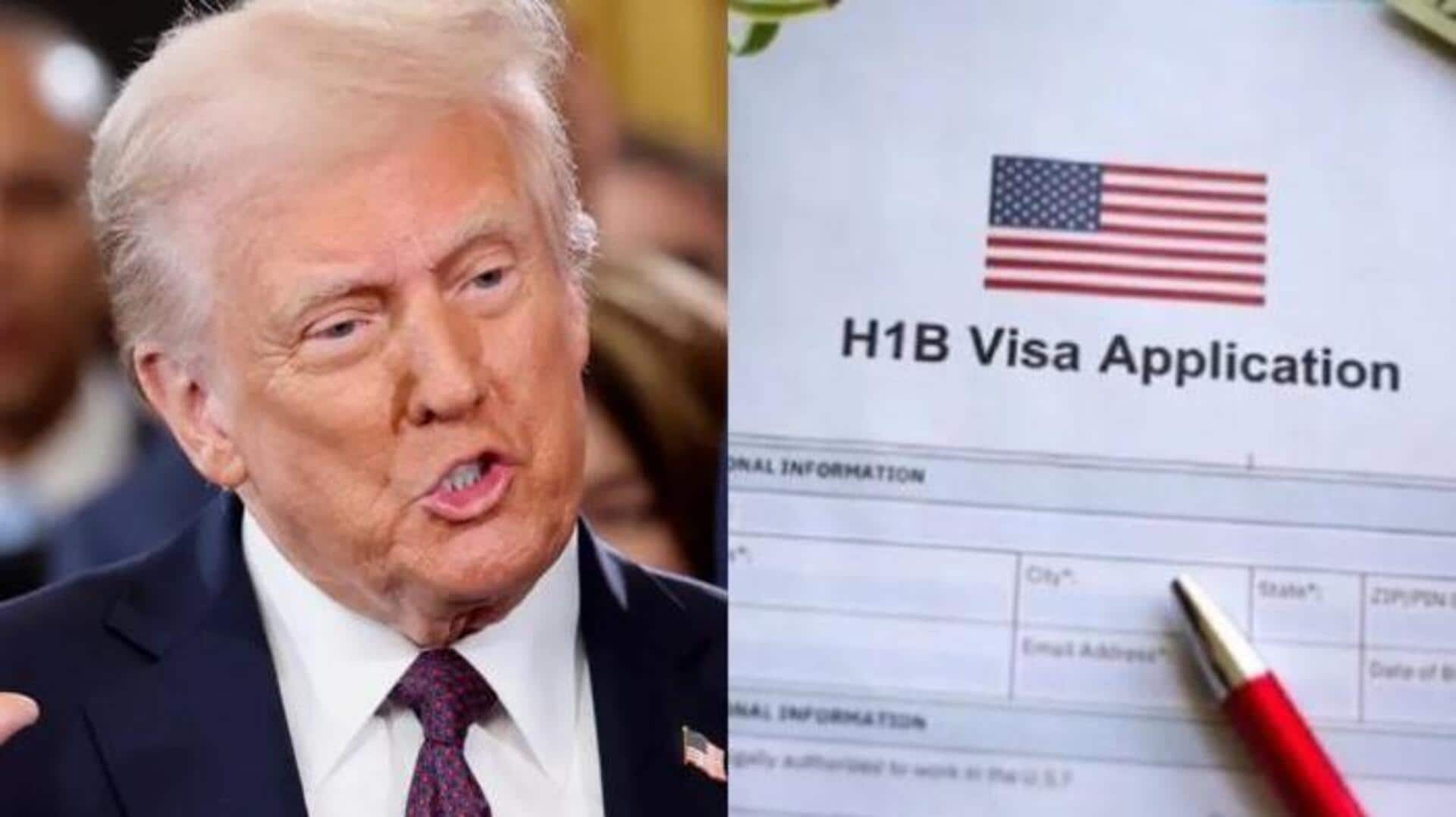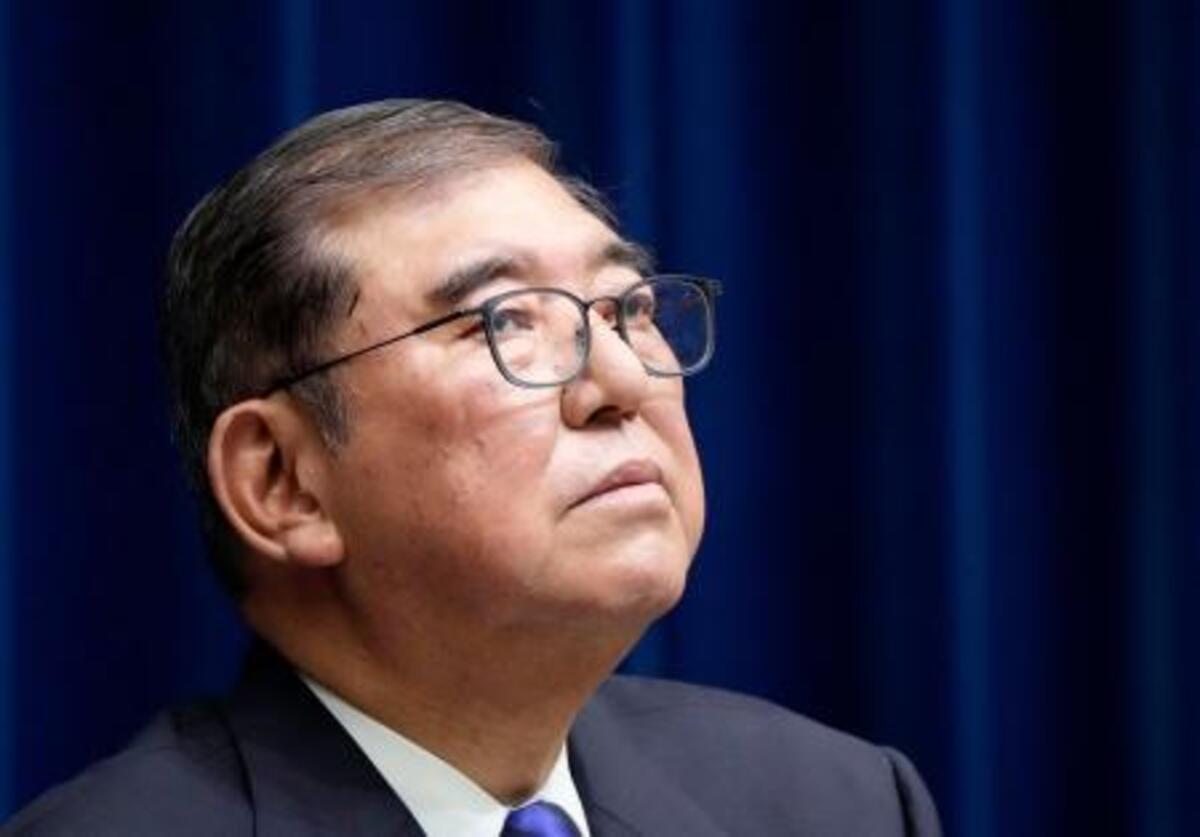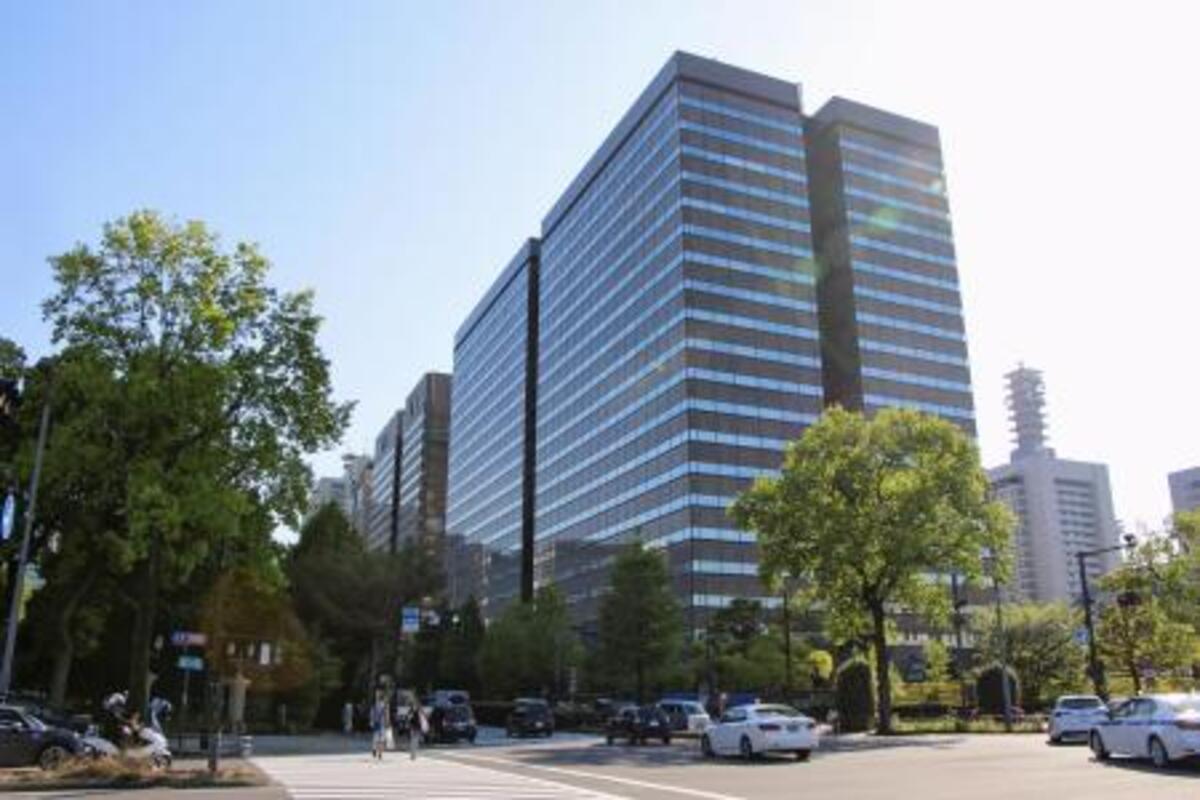**Trump’s New Visa Policy Could Hit India’s Real Estate Market**
*By Akash Pandey | Sep 20, 2025, 07:13 PM*
—
**Overview**
US President Donald Trump has introduced a new visa policy that could significantly impact India’s real estate market. Starting September 21, 2025, most H-1B visa petitions will face a hefty $100,000 annual fee. This change is expected to affect primarily the residential property market in Indian metropolitan cities, while the commercial real estate sector may experience different dynamics due to shifts around Global Capability Centres (GCCs).
—
**Impact on Indian Cities**
With over 71% of H-1B approvals in fiscal year 2024 going to Indian nationals, experts anticipate that the new fee will discourage onsite deployments and reduce overseas hiring. This is likely to impact the remittance-backed home buying trend and influence long-term housing decisions among Indian tech professionals significantly.
Real estate specialists warn that cities like Bengaluru, Hyderabad, Pune, and Gurugram could face a downturn as a result of this policy shift.
—
**Housing Market Risks**
Experts have identified three major risks posed by the policy to the residential real estate market:
1. **Decline in premium housing demand:** Reduced overseas assignments may lower enthusiasm for high-end properties.
2. **Delayed purchase decisions:** Many potential buyers might postpone property purchases due to postponed or canceled US relocations.
3. **Slower absorption:** Mid-to-high-end housing projects targeted at tech workers could see reduced uptake.
A Delhi NCR-based real estate consultant noted that the sudden cost increase is likely to dampen sentiment among families planning property investments tied to US job assignments.
—
**Shift in Investment and Remittances**
Pareekh Jain, CEO of Pareekh Consulting, highlighted that remittances play a crucial role in driving housing demand in India. He forecasts that while primary housing demand might rise as some individuals return from the US or relocate to Indian metros, investment demand in real estate could weaken due to reduced remittances and growing job insecurity.
Similarly, Vishal Raheja, Founder and MD of InvestoXpert, expressed concerns that the proposed H-1B visa fee would negatively impact housing demand across Indian cities.
—
**Potential Boost for Commercial Real Estate**
Despite residential sector challenges, there may be a silver lining for commercial real estate. The rise of Global Capability Centres (GCCs) could accelerate as American companies reassess staffing, potentially increasing office space leasing and infrastructure development in India’s metro cities.
According to CBRE data, GCCs now account for 35-40% of office space absorption in Bengaluru, Hyderabad, and Pune, suggesting a possible commercial real estate boost amid residential slowdown.
—
**Changing Investment Patterns**
As developers, buyers, and investors adapt to these visa policy changes, India’s real estate market may witness a shift toward mid-segment housing and rental ecosystems.
Akash Puri from India Sotheby’s International Realty mentioned that the increased H-1B costs might push top Indian talent to explore luxury real estate markets in other global cities, creating fresh demand in markets that offer better stability and lifestyle options.
—
**Conclusion**
The new H-1B visa fee introduced by the Trump administration is poised to reshape India’s real estate landscape, influencing demand patterns, investment flows, and growth prospects across both residential and commercial sectors. Stakeholders will need to navigate this evolving environment carefully to mitigate risks and capture new opportunities.
https://www.newsbytesapp.com/news/business/trump-s-h-1b-fee-threatens-india-s-property-boom-in-tech-hubs/story



